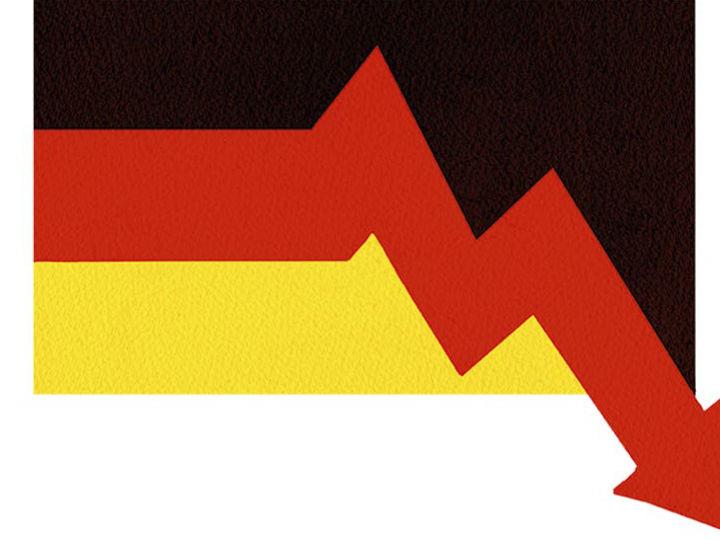by Chiara Swaton
Austria wants to become one of the EU’s leading countries in the chip industry and is banking on the EU’s Chips Act as the main vehicle for boosting semiconductor production, but is shying away from investing fresh public money in the sector.
On Thursday, the Austrian conservative-Green government invited industry representatives to a “chip summit” to enhance cooperation in the future, with a focus on the semiconductor sector in the next budget to be presented in autumn.
“Austria should not only be known for Lippizaner, Mozartkugeln and clean electricity but also for microchips ‘Made in Austria’,” Chancellor Karl Nehammer (OVP) stressed on Thursday, adding that the government wants to expand Austria’s role as “one of the leading European players”.
The summit marks the starting signal for the national implementation of the Chips Act, an EU initiative seeking to bolster the bloc’s semiconductor capacity and establish a mechanism for preventing and managing supply chain crises.
With the Chips Act, the EU aims to increase its share of about 10% in the global semiconductor market to 20% by 2030 and therefore wants to mobilise €43 billion for the chip industry.
However, only €3 billion will come from the EU budget, the rest is to be provided by the member states. It is yet unclear how much Austria will contribute as budget negotiations have not been concluded.
Chip plants are investment intensive, with one plant alone often costing more than €10 billion. Similarly, there has been a recent trend that semiconductor manufacturers demand high subsidies. To convince chipmaker Intel to invest, Germany had to offer almost one-third of the total investment of €30 billion in state aid.
However, Austria is currently placing its bets on its competitive legal environment instead of financial incentives.
Austria would be competitive compared to other EU countries as it would be an “attractive and competitive location”, with its “stable legal framework and qualified employees being appreciated by companies,” Peter Haubner, MP and economics spokesperson of the governing OVP (EPP) told EURACTIV.
The expected investments would thus come primarily from the private sector.
“This is a huge task. The industry itself will invest almost €7 billion in the next few years, and the federal government is committed to making its contribution in terms of framework conditions and subsidies,” Nehammer stressed.
On the side of the industry, the government initiatives were much welcomed.
“This is an important signal for the domestic industry because it is about planning security for high investments over a long period of time,” Georg Knill, President of the Federation of Austrian Industries (IV), said in a statement.
*first published in: Euractiv.com




 By: N. Peter Kramer
By: N. Peter Kramer

